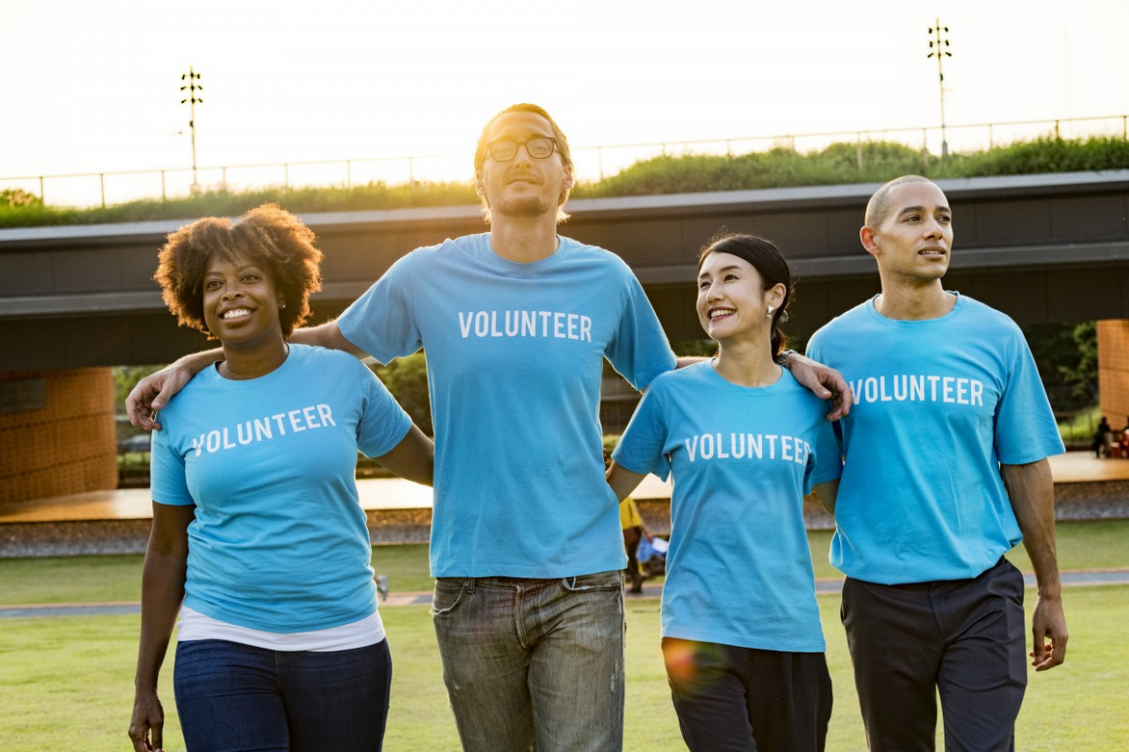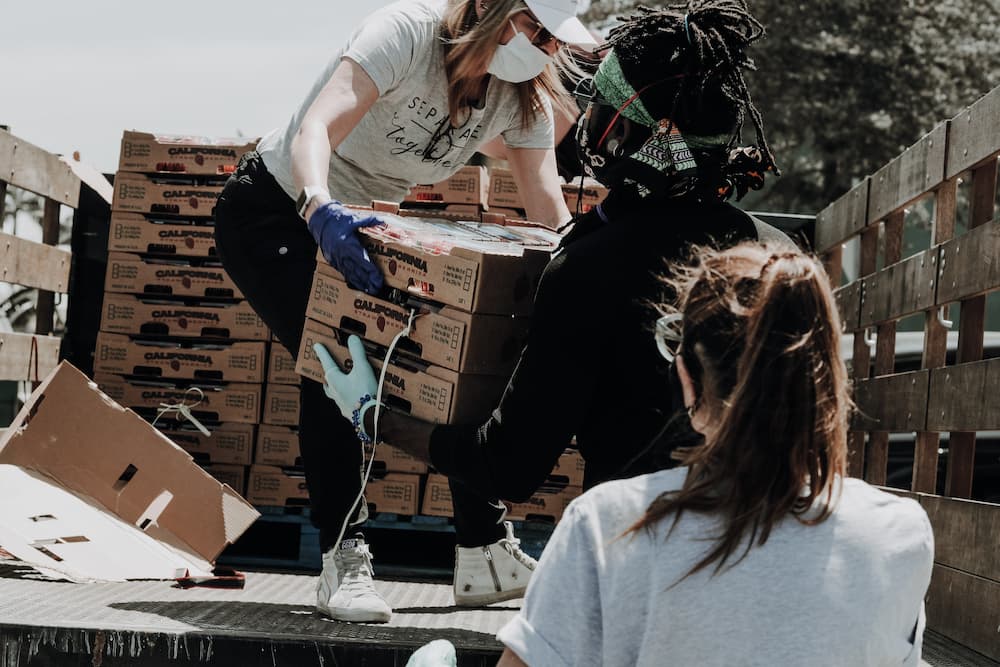
What unites people who devote their time to work on unpaid social projects? They are volunteers. Volunteering is beyond time, professions, and ages. The inner need to help is inherent in every person, and millions of people participate in this activity absolutely disinterestedly.
Specificity of Volunteer Activities
Volunteers can cooperate with international and national non-profit organizations, participate in projects independently, without the mediation of organizations, or they can even connect to work virtually.
Today, volunteers are involved in every major sporting and cultural event. Volunteers are always among the first to respond to calls for help in natural and man-made disasters. Volunteers help care for the sick, teach classes in schools, and give lectures at universities. They are the most caring part of society, helping to solve common problems and make life better every day.
Who Can Become a Volunteer?
Everyone who wants to devote their own time and energy to solving a social problem or helping a group of people can become a volunteer. Volunteering has no religious, racial, age, gender, or even political boundaries. For the most part, no special knowledge or skills are required to volunteer. However, some specific tasks, such as social work, health care, or disability care, may require some qualifications and experience. If a minor wants to volunteer, permission from a parent is required.
3 Simple Steps to Start Volunteering
If you want to engage in volunteer activities, you first need to decide on the choice of a project. Then, join it and master the specifics of the work. Below you will find more information on each of these steps.
Step 1: Searching for a Volunteer Project
In order to find a volunteer project, it is important first of all to determine the desired direction of activity. Experts of the Association of Volunteer Centers identify the main areas of volunteering:
- Social volunteering is helping people who need special support;
- Eco-volunteering encompasses outreach and direct assistance in nature conservation;
- Donor volunteering involves donating blood and its components, as well as informing about why it is important and how systemic donation can save lives;
- Event volunteering is the work of volunteers at major events: festivals, forums, large-scale urban projects;
- Cultural volunteering involves the participation of volunteers in the restoration of architectural monuments, the organization of excursions, assistance in holding major cultural events;
- Sports volunteering involves the help of people provided during sports competitions, without any monetary reward;
- Media volunteering attracts media volunteers (photographers, journalists, bloggers, designers, and creative people) who provide services on a volunteer basis;
- Volunteering in the medical field involves helping medical personnel, vocational guidance for schoolchildren, promoting a healthy lifestyle, and preventing diseases;
- Patriotic volunteering includes helping veterans and improving military monuments and graves;
- Online volunteering takes place due to the use of information technologies;
- Search and rescue volunteering is aimed at finding lost people.
So, in each of the above areas, you can find projects that need your help.

Step 2: Joining a Volunteer Project
When you have decided on the type of volunteer activity, you need to find volunteer projects and organizations involved in these projects. Volunteer organizers can help you with this. Among them are the following:
- Volunteer centers;
- State authorities and local self-government bodies;
- Community organizations. They attract volunteers when they need additional help in organizing events or implementing their projects;
- Cultural organizations – museums, libraries, theaters, independent art venues. They attract volunteers for events and projects in the field of art;
- Health care providers. They often attract volunteers to help work with their patients;
- Social institutions – boarding schools, hospices, rehabilitation centers, nursing homes, orphanages;
- Environmental institutions;
- Charitable foundations.
This list is not completely exhaustive, there are many opportunities for volunteering in each state, and the main thing in the search is your desire to help.
Step 3: Studying of the Specificity of Work
To start an active volunteer activity, it is important to study the specifics of work in the chosen direction. You can learn from the experience of colleagues, clarify exciting moments with the organizer, study the literature. All this will help you become a good volunteer.
Therefore, it is very easy to become a volunteer. Go through the 3 steps described in this article and you will definitely reach your goal!


